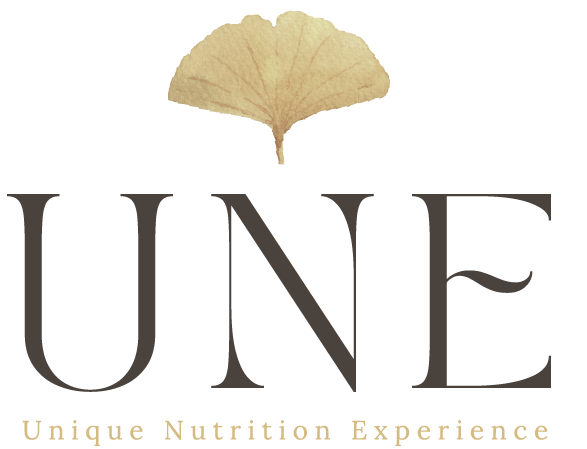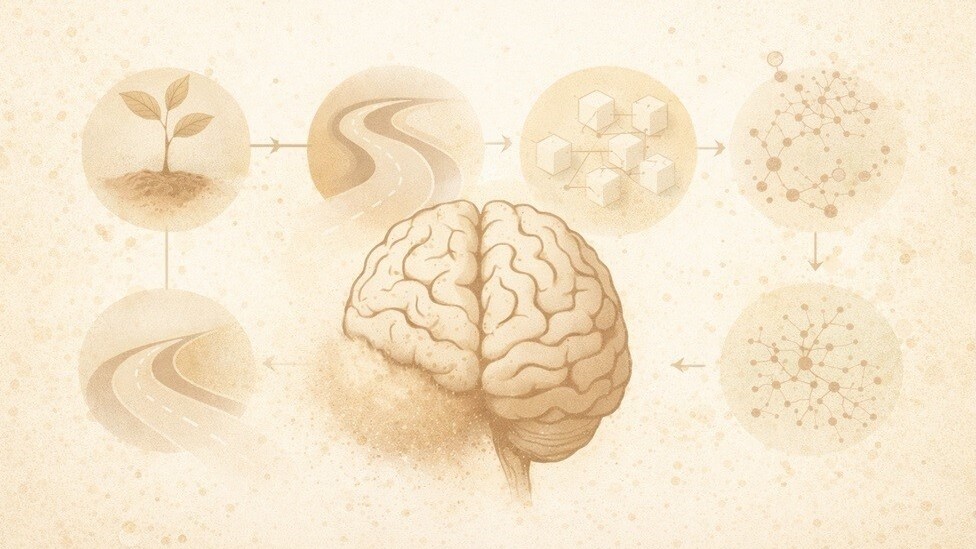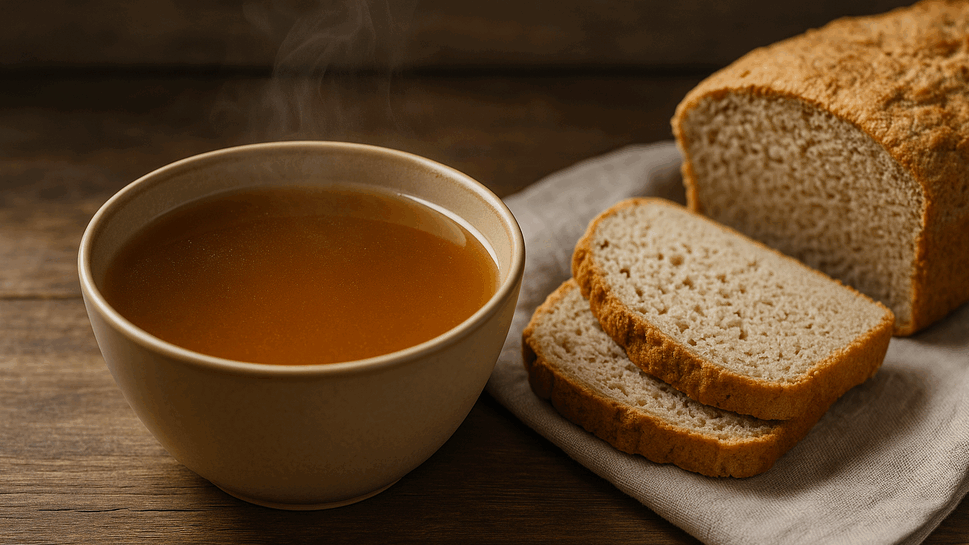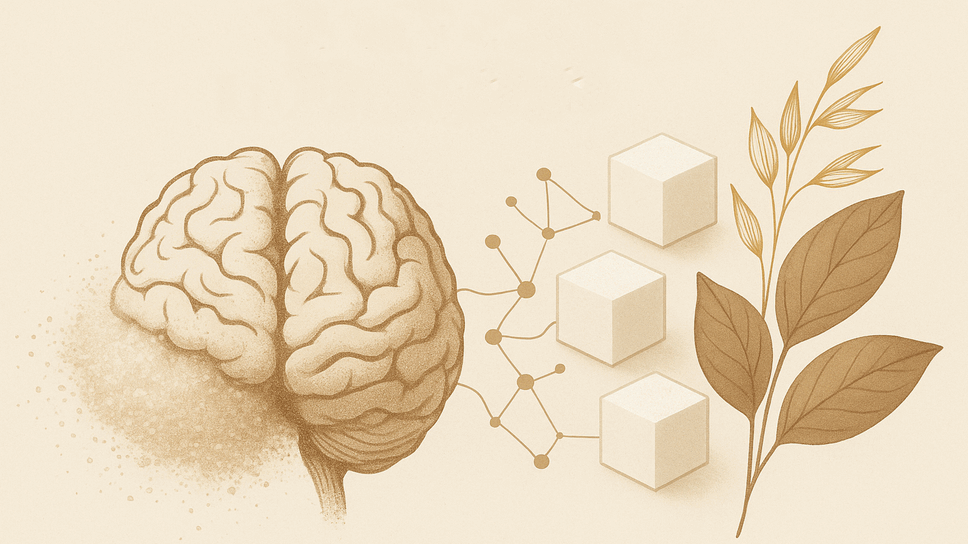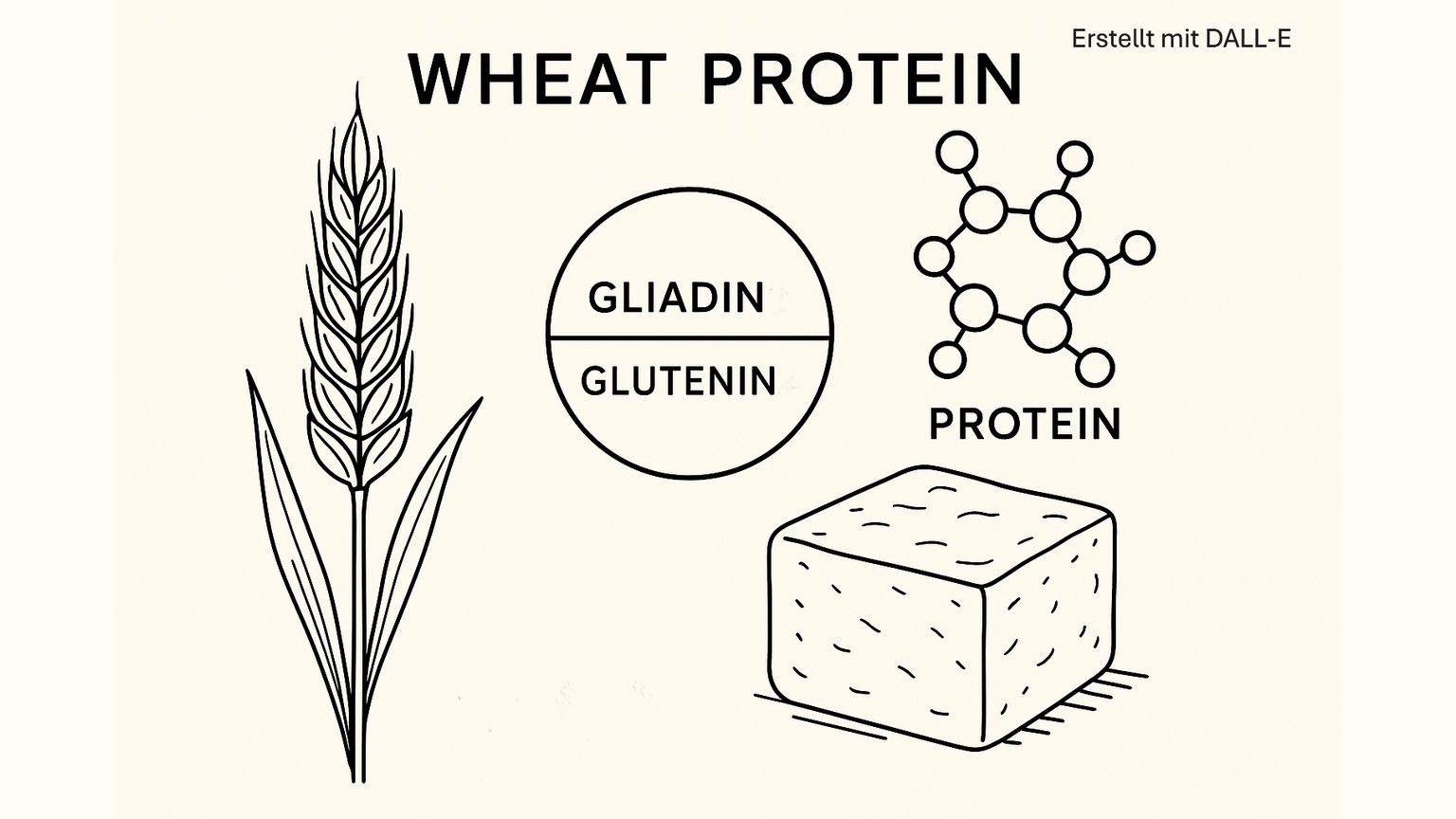
Wheat and Wheat Protein: Facts, Misconceptions and Real Insights
Wheat – An Ancient Grain with History
Wheat protein is more than just gluten – it’s a complex blend of proteins with vital functions.
Wheat is one of the oldest cultivated grains in the world and has served as a staple food for thousands of years. Found in bread, pasta, and baked goods, it’s a daily companion in many diets. Yet few grains are as frequently debated: gluten, celiac disease, intolerances – wheat doesn’t have it easy.
What Is Wheat, Actually?
Botanically, wheat belongs to the grass family (Poaceae). The main types include soft wheat (Triticum aestivum) and durum wheat (Triticum durum). Wheat contains:
- Starch (carbohydrates)
- Dietary fiber
- Proteins – primarily gluten proteins
- Vitamins and minerals – depending on processing
What Is Wheat Protein?
Wheat protein includes all proteins found in the grain – not just gluten. These are divided into two main groups:
1. Gluten-Forming Proteins
- Gliadins: alcohol-soluble; contribute to dough stretchability
- Glutenins: less soluble; provide dough elasticity and stability
Together, they form the gluten network during kneading – essential for the structure of dough.
2. Non-Gluten-Forming Proteins
- Albumins: water-soluble; contain enzymes and antioxidants
- Globulins: salt-soluble; support cellular functions
These proteins are functionally relevant but not associated with gluten formation or intolerances.
Why Is Gluten So Controversial?
Celiac Disease: A True Autoimmune Condition
Celiac disease causes the immune system to react to parts of gliadin, leading to inflammation in the intestine. This damages the gut lining and reduces nutrient absorption. The only current treatment: a lifelong gluten-free diet.
Non-Celiac Gluten Sensitivity (NCGS)
Some individuals experience discomfort after eating wheat – like bloating or fatigue – without testing positive for celiac disease. This is referred to as NCGS, a condition still debated in medical science. Some researchers suggest compounds like fructans (a type of FODMAP) may be the real cause.
The Reputation of Gluten
Gluten has often been vilified by modern diet culture. But for most healthy people, there is no reason to avoid it. A gluten-free diet is only essential for people with medical conditions like celiac disease.
Wheat Protein in the Food-Tech Context
Wheat protein is a versatile and functional ingredient:
- Improves dough structure and stability
- Supports texture development
- Used in high-protein baked goods and plant-based meat alternatives like seitan
Conclusion: A Nuanced Perspective Is Key
Wheat is a complex grain with many valuable properties. Gluten is only one of several proteins – and plays a key role in texture and dough quality. While gluten-free diets are essential for some, they are not necessary for everyone.
👉 Tip from Our Nutrition Kitchen
Our Pro-Fi Bread Mix and Pro-Fi Pizza Dough are made with premium wheat protein – ideal for anyone who wants to eat protein-rich and fiber-rich while enjoying every bite.
👉 Discover the difference – with real ingredients, real nutrition, and real results.
✨ Discover Our Pro-Fi Mixes
Whether you’re baking fiber-rich protein bread or making a lower-carb pizza – our Bread Mix and Pizza Dough give you more nutrition, fewer carbs, and full flavor.
👉 Try now – your baking upgrade starts here!
FAQ: Frequently Asked Questions About Wheat Protein
- Is wheat protein the same as gluten?
No, gluten is only one part of the wheat protein. There are also albumins and globulins, which play other roles and are not related to gluten intolerance. - Is wheat protein good for baking?
Absolutely. It helps create structure, elasticity, and a pleasant texture in baked goods. - Can I eat wheat protein if I don’t have celiac disease?
Most people without celiac disease or wheat allergy tolerate wheat protein well.
Note: This article is for informational purposes only and does not constitute medical advice.
Das könnte dich auch interessieren
19. December 2025
The brain does not age linearly – and that is precisely its strength
Why does learning new languages often feel effortless at a young age, while later in life…
7. November 2025
As good as homemade bone broth – just more modern
The answer from UNE Foods Anyone who has ever made traditional bone broth knows how much…
24. October 2025
Sugar – The Silent Saboteur of Our Brain | UNE FOODS
Sugar affects far more than just blood glucose levels – it shapes how our brain thinks,…
